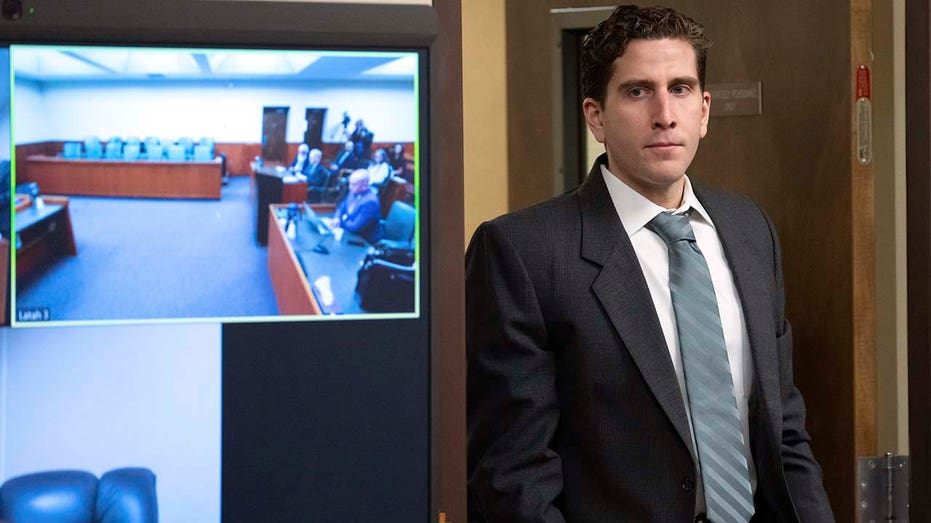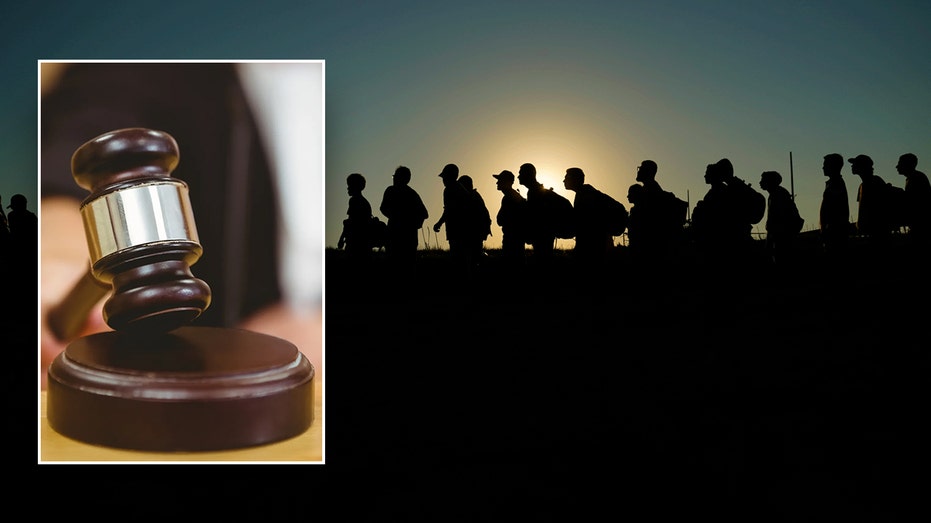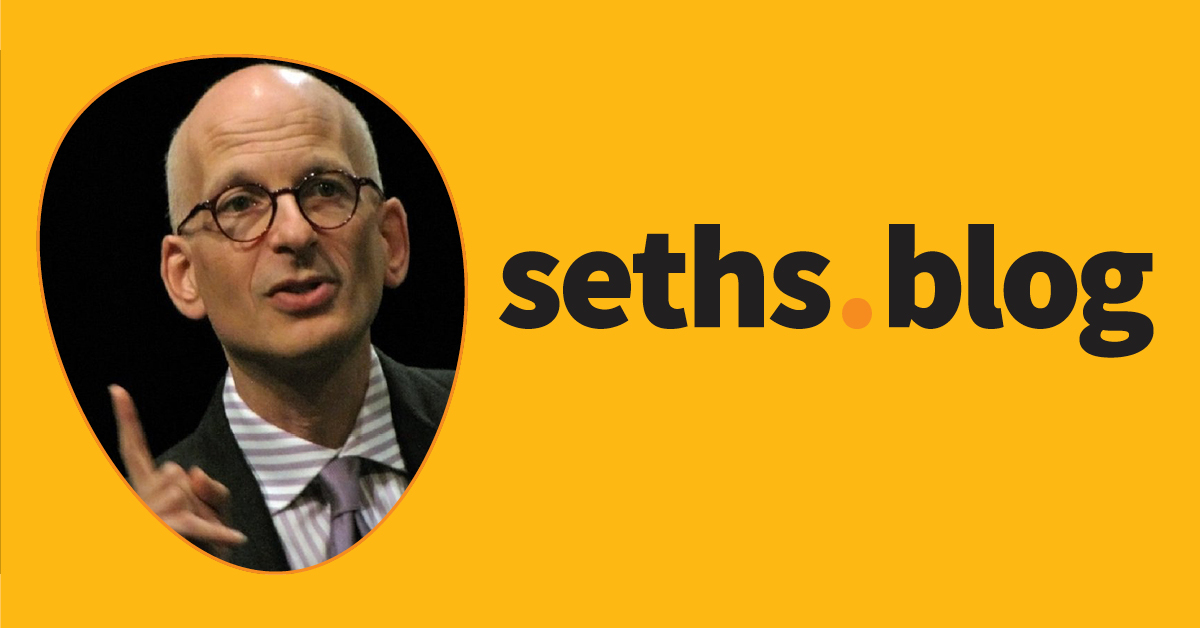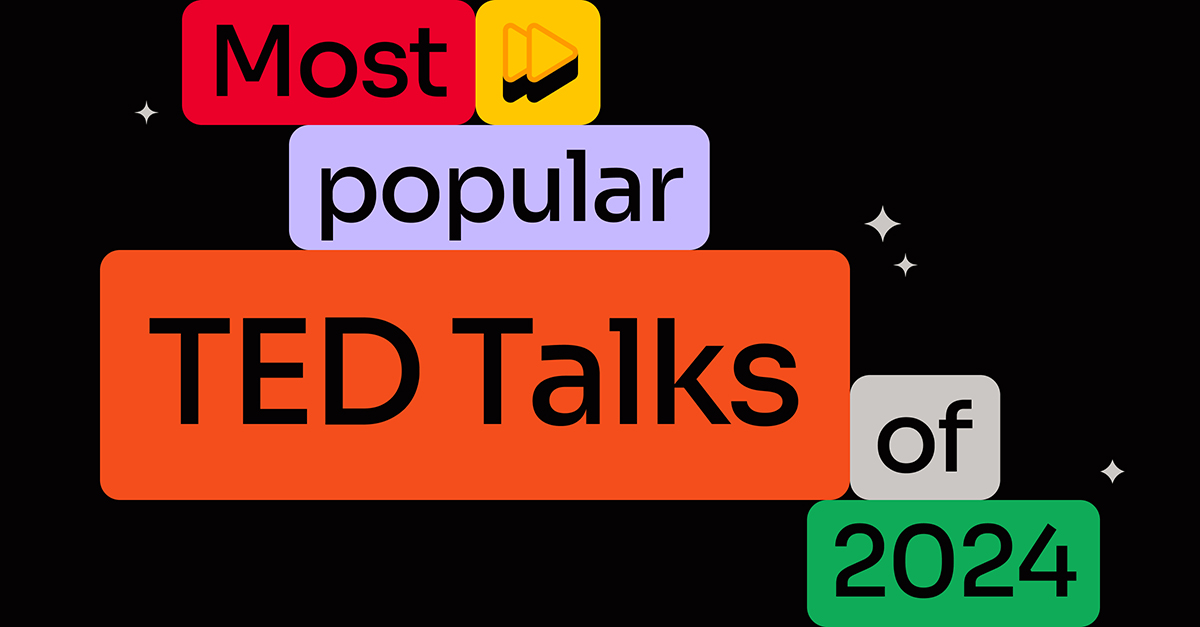3 global early ed trends to watch this year
LONDON — Participants at one of the world’s largest early childhood conferences late last year were eager to learn from each other, and notably collegial — until one of the final sessions of the event. During a presentation about artificial intelligence in early childhood, a presenter suggested using an AI program to create artwork based […] The post 3 global early ed trends to watch this year appeared first on The Hechinger Report.


LONDON — Participants at one of the world’s largest early childhood conferences late last year were eager to learn from each other, and notably collegial — until one of the final sessions of the event.
During a presentation about artificial intelligence in early childhood, a presenter suggested using an AI program to create artwork based on child prompts. Audience members were horrified. “Have you looked at what impact this might have on their imaginations?” one asked.
The role of artificial intelligence and technology in the early years was a popular topic at the conference, which featured more than 500 educators and experts from 43 countries. As I met with global educators and researchers over the course of several days, a few key themes emerged as ones to keep an eye on in the early childhood space this year:
1. Technology and AI in early childhood
In addition to the controversy over student artwork, presenters highlighted a host of ways they are using artificial intelligence already in early childhood classrooms, in far less controversial ways. These include writing culturally relevant lesson plans, automating report cards and helping translate communication with parents. AI was mostly presented as a way to relieve teachers of more rote tasks.
Apart from the brief flare-up, experts were careful to keep conversations focused on AI as this “smart assistant,” acknowledging that it can’t stand in for a strong, interactive teacher in the early years.
Presenters also highlighted stark differences between how preschool classrooms in different countries are using technology and the cultural gaps in attitudes about technology post-pandemic. Two researchers from University College London East, for instance, described how children in South Korean preschools regularly use nearly a dozen forms of technology, including smart televisions, robots, coding programs, virtual reality technology and tablets. Preschoolers in England, on the other hand, only have access to smart whiteboards at school for the most part, with British early educators reporting more wariness around technology in early ed classrooms.
2. Involving the rights of children — and more play — in early childhood systems
In Ireland, a new approach to early childhood is all about letting kids be kids. The country’s new early childhood guidelines were inspired by the United Nations Convention on the Rights of the Child and emphasize building loving, trusting relationships between children and caregivers. Several other countries, including Japan, Moldova, South Korea and Tanzania are also prioritizing the rights of young children, mainly by trying to bring more play into early childhood classrooms and systems.
3. Countries building out early childhood systems and investing more
Although global investment in early childhood is not at the levels experts would hope for, many are heartened by a few government-led efforts to inject more funding and strengthen standards. In 2018, for example, Saudi Arabia published a new curriculum for its early childhood programs, written in partnership with America’s National Association for the Education of Young Children (NAEYC). The curriculum is part of a larger movement to expand early childhood offerings in the country, including building hundreds of new public early learning programs by 2030 and creating more teacher training programs.
Meanwhile, in Ireland, leaders designated more than 546 million euros in new government funding for early childhood between 2022 and 2024. And in Austria, the government recently committed to provide more than 4.5 billion euros by 2030 to help parents pay for child care.
More on early childhood worldwide
In 2023, I traveled to Canada to see what America can learn from our northern neighbor’s rollout of a new national child care system.
This story by Rachel Cohen for Vox looks at the pros and cons of Germany’s universal child care system and the societal conditions that support that system.
Research quick take
- During the 2021-22 school year, 370 preschool students were expelled and nearly 2,700 preschool students received one or more out-of-school suspensions, according to new data from the Department of Education. Black children, and especially Black boys, were disproportionately suspended and expelled. Black boys account for 9 percent of preschool enrollment but represented 30 percent of the suspensions.
- A growing number of states are combining early learning programs, like home visiting and child care initiatives, under one agency or department in an attempt to streamline processes and more effectively administer early learning programs, according to a recent report by the Center for American Progress. The report found that consolidating programs into a single agency has helped states move faster when applying for funding, and with sending money out to parents and programs.
More early childhood news
In New York, advocates are calling for universal child care for 2-year-olds, reports Chalkbeat.
Iowa Gov. Kim Reynolds proposed codifying a program that provides free child care to the state’s child care workforce. She also wants to create a fund to raise child care wages through donations from businesses and community members, according to The Gazette.
New Jersey Gov. Phil Murphy has proposed requiring school districts to offer free pre-K to all 3- and 4-year-olds in the state, according to NorthJersey.com.
Hawaii is eyeing charter schools as a way to help expand the state’s free preschool program, reports Honolulu Civil Beat.
This story about preschool trends was produced by The Hechinger Report, a nonprofit, independent news organization focused on inequality and innovation in education. Sign up for the Hechinger newsletter.
The post 3 global early ed trends to watch this year appeared first on The Hechinger Report.
What's Your Reaction?


















































































